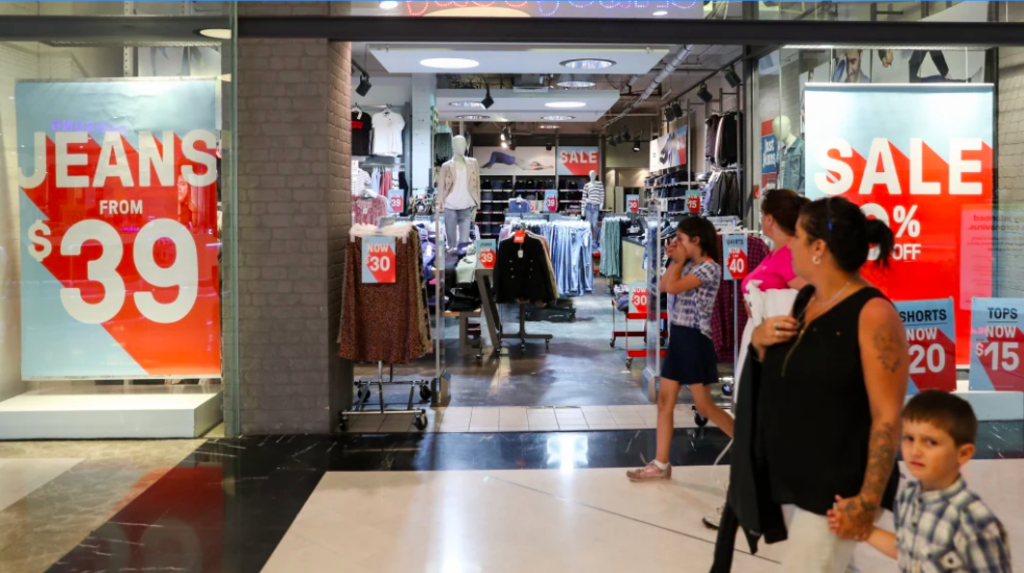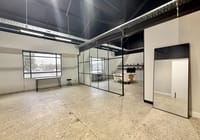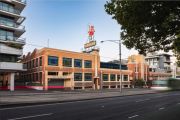
Cap rates rise with more price pressure for retail on horizon
Investment yields for shopping malls have risen substantially in the past year as their values, already weakening, take a further hit from the pandemic slowdown.
There is more pressure on prices on the horizon, according to Rob Ellis, a director at The Data App, a tech start-up that monitors retail deals and investment yields, known in the industry as cap rates.
Cap rates have risen by 140 basis points to 6.42 per cent since they hit a low of 5.02 per cent two years ago, a sign that values are falling.
With no large shopping centres being sold over the June quarter as buyers and sellers sat on the sidelines to await the full impact of the pandemic on the retail property market, the volume of gross lettable area transacted is now at its lowest level since 2012.
“Commercial retail transactions slowed to a trickle in the June quarter,” Mr Ellis said. “TDA estimate both the value and volume of shopping centres transacted, in trend terms, are now at their lowest level for eight years.
“Thin volumes coupled with the difficulty of making accurate valuations, when rents are highly uncertain, saw cap rates again edge higher in the June quarter. Consequently, the cap rate compression posted over the previous 12 months has now been clawed back.
“TDA calculate cap rates for commercial retail property assets were 6.42 per cent in the June quarter – virtually the same as the March quarter, but 11 basis points higher than a year earlier.”
Mr Ellis said the price paid per square metre also fell during the June quarter – 17 per cent lower than what was paid during the June quarter in 2019.
“Even before COVID-19 came along, the retail sector faced a number of headwinds. Very modest real income growth, low levels of borrowing and the continual encroachment of internet shopping were all contributing to weak retail demand.
“The onset of COVID-19 has increased the penetration of internet shopping while, by all accounts, with taxes set to rise against the background of a relatively high unemployment rate, real income growth will be weak at best. Consequently, the fundamentals underpinning retail spending look set to deteriorate further.”
Mr Ellis said that irrespective of compelling valuations, the demand backdrop, an increased vacancy rate because of store closures and insolvencies, as well as potential structural behaviour changes in the wake of COVID-19, was likely to further add pressure to underlying income for shopping centres.
“Combined with higher funding costs and higher risk premia for investors,the result is likely to be a double impact on shopping centre values of higher cap rates applied to lower income.”











